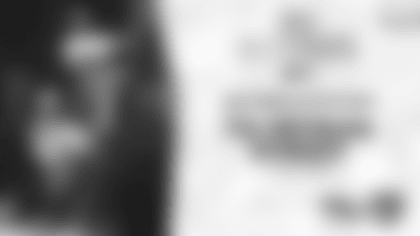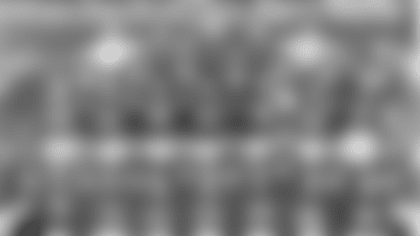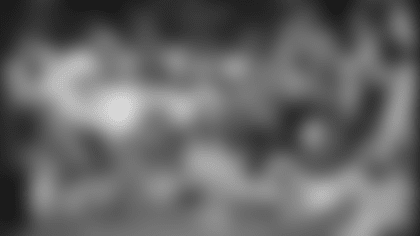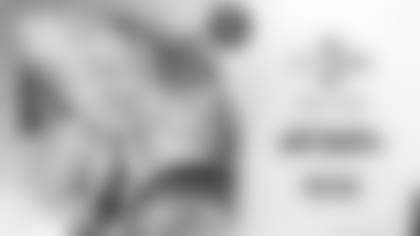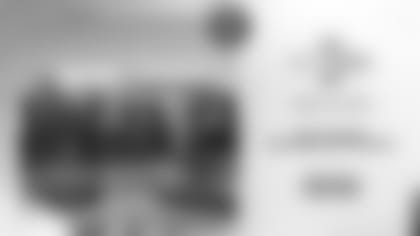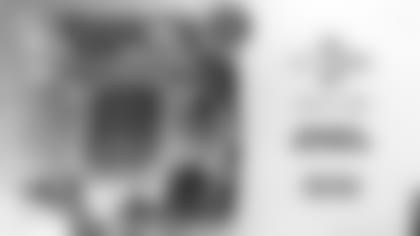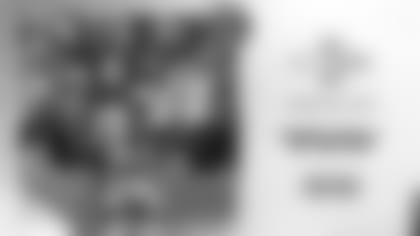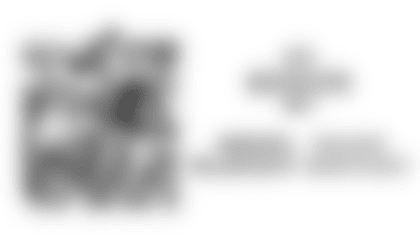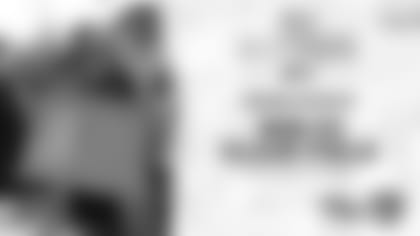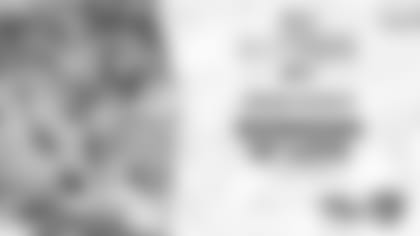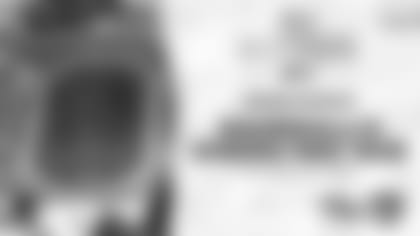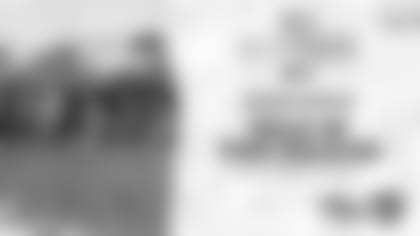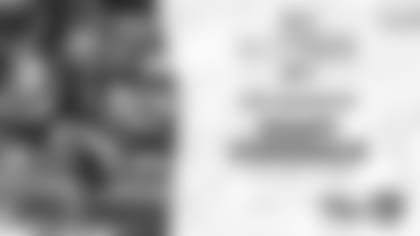"75 for 75" is an article series from the 49ers Museum highlighting legendary moments in 49ers history as part of the team's 75th Anniversary celebrations in 2021.
--
1956-1988
The San Francisco 49ers were a glamorous team throughout the 1980s, but they practiced in down-home conditions in a folksy suburban neighborhood.
Affectionately known by players and staff as "7-11," the 49ers training complex was located at 711 Nevada Street in Redwood City, a rustic two-story building that was surrounded by modest single-family homes. The playing field in Red Morton Park sat under towering redwood trees adjacent to a community swimming pool and little league baseball diamond.
"We won two Super Bowls practicing on a 50-yard field," 49ers lineman Jesse Sapolu once said.
Actually, it was a 100-yard plot split into two 50-yard fields. One side was grass, the other artificial turf. Still, the point was well taken. Compared to other NFL training facilities, the Morabito Memorial Fieldhouse, as it was known, was unfathomably small and spartan.
"The entire facility at 711 could fit into the 49ers current weight room in Santa Clara," said Jerry Walker, the 49ers public relations director during the team's Super Bowl years.
"If players were in the shower and someone flushed the toilet we yelled 'fire in the hole' to warn them because the water would get super-hot really fast," guard Guy McIntyre recalled.
Minimal on-site parking existed for players and staff, so it was not uncommon to see high-paid quarterbacks jockeying for street parking with local soccer moms. The residents loved it.
"There was a real family type environment at 711," Walker said. "They made us feel at home. Players signed autographs and mingled with the kids."
Neighbors felt like they were part of the franchise.
"One time (coach) Sam Wyche left the week's game plan on top of his car and drove away," Walker said. "Sheets of paper were flying all over the place. One of the neighbor kids comes running into the office yelling 'I need help, I need help. The plays are scattered all over the street.' He was concerned about us losing the game plan."
Passersby could walk right up to the facility's front door, knock and see team owner Eddie DeBartolo's office just inside. Straight ahead and up the narrow staircase were the offices of head coach Bill Walsh and vice president John McVay. From the second floor balcony, they carefully watched the action on the field below. Walker recalled conversing with Walsh on the balcony one day when the 49ers skipper pointed out a new player.
"You see that blonde-haired guy?" Walsh asked. "He's going to be a lot better than you think."
It turned out to be Bill Ring, a local kid from Belmont's Carlmont High School who went undrafted and was given a shot by the 49ers as a walk-on. Walsh was impressed with his determination and hustle and at 5-foot-10, barely 190 pounds, Ring made the squad. He stuck with the 49ers for six seasons, earned two Super Bowl rings and became a fan favorite because of his sacrificial special teams play. Ring also posted nine touchdowns as a running back.
The 49ers moved their headquarters to 711 Nevada in 1956 and remained until 1988. Many of the players lived in the nearby Redwood City and San Carlos neighborhoods. They attended local churches, shopped at mom-and-pop stores and participated in community events.
During the 1960s, George's Barber Shop in San Carlos sponsored an informal "49ers Saturday" a few times each year. Several 49ers stars regularly showed up to barbecue, talk football and have pictures taken. Randy Vogel, who resided nearby, recalled rubbing elbows with Charlie Krueger, George Mira, Dale Messer, Bobby Waters, Frank Morze and many others who would hang out with the kids for hours.
One dining establishment, The Canyon Inn in Redwood City, was a three-minute drive from 711 Nevada and became a second home to the 49ers. Owner Tim Harrison was eager to support the local team. Prior to the 1981 season, he offered to give players and staff a free meal after any 49ers victory. Harrison went so far as to make up identification cards with each player's name and uniform number.
"The 49ers were struggling a little back then,' Harrison said. "I was trying to be a good neighbor and help them out. I didn't really think I'd be giving out a lot of free food that year."
Then in Week 2, the Niners beat the Chicago Bears at Candlestick Park. Harrison wandered into work on Monday and found a mass of large men waiting in the parking lot.
"They were lined up at the door," Harrison said. "Some guys were still in their sweats from practice."
The 49ers went on to win 13 regular season games on their way to a Super Bowl title, and eating at the Canyon Inn became a tradition.
"Tim was incredibly generous. Win or lose, some guys ate there every day," Walker said. "Tim never really checked the ID cards."
Except for one player.
"At 49ers games I often heard the name Bill Ring being announced," Harrison said. "One day a guy comes in with his date and he's a little guy, his head is barely over the counter. He orders a burger and hands me the card that says Bill Ring. I told him only players could use the cards. He said 'I am Bill Ring.' I felt bad. He looked like an average guy. I couldn't believe he was a player."
Actually, he was just another neighborhood kid.


